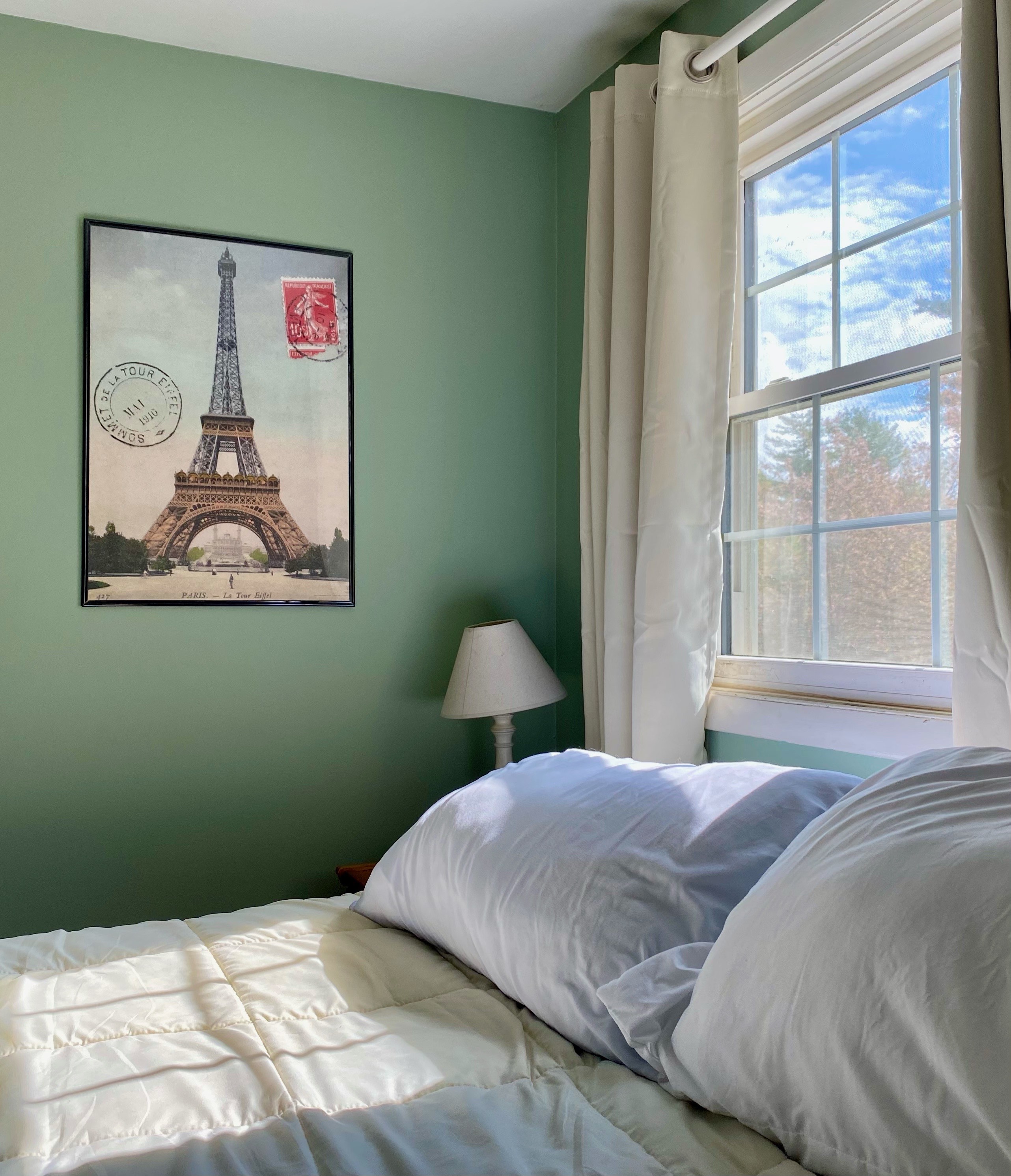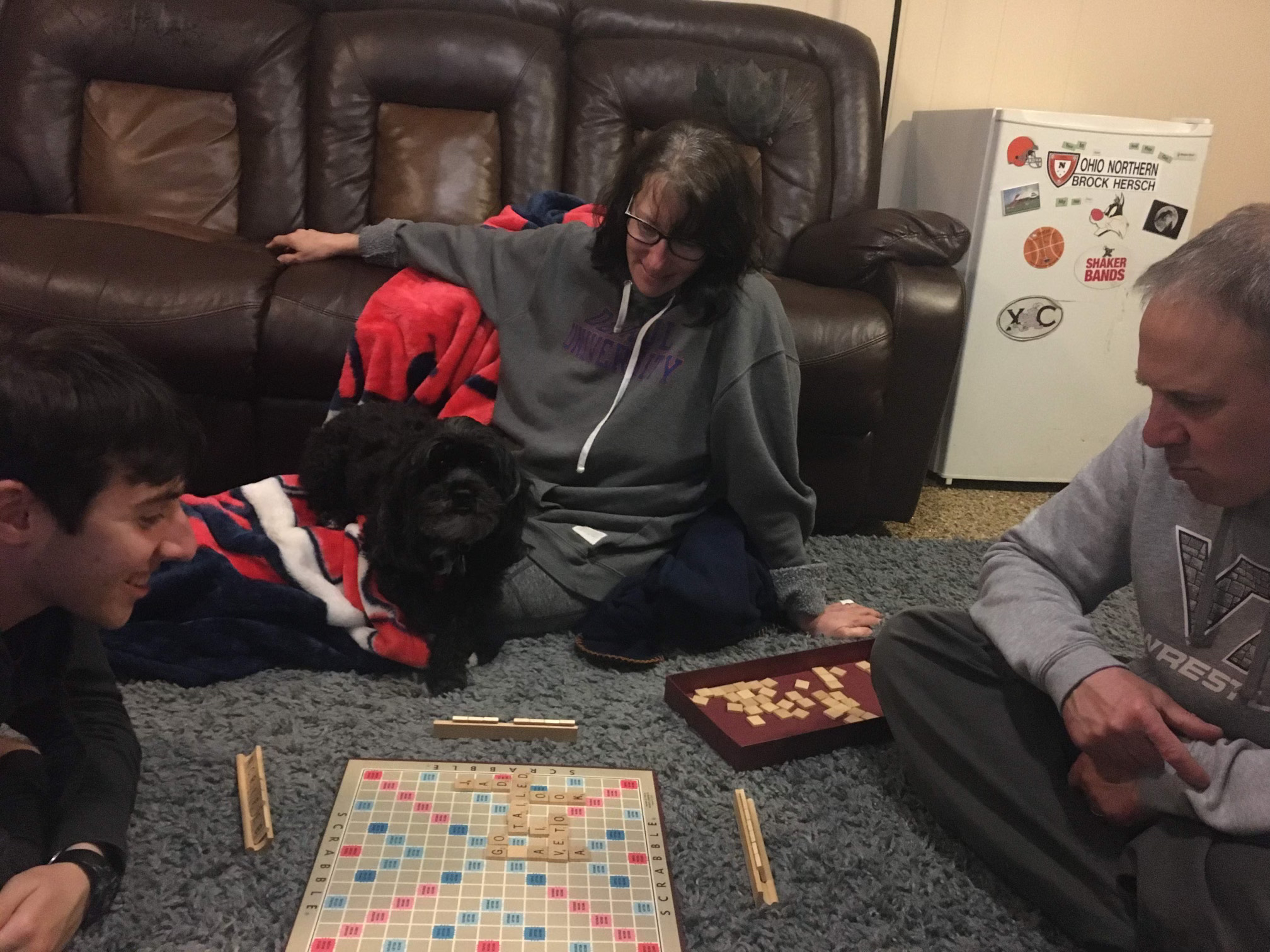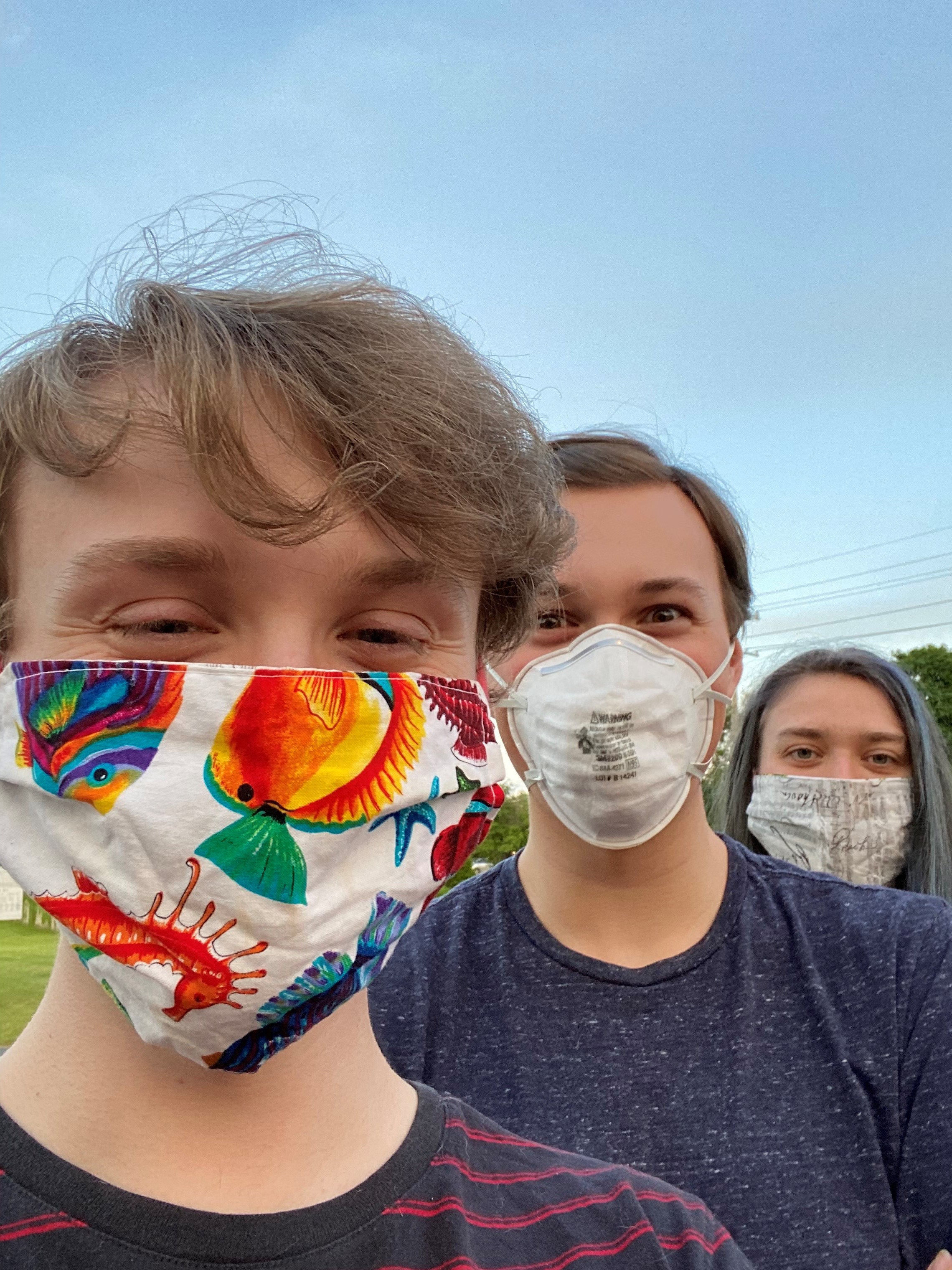When the COVID-19 pandemic ended the 2019-2020 school year abruptly and unexpectedly.
When the coronavirus first became a public health emergency — causing colleges across the United States to shut down and send their students home — Hannah Wojcik packed her bags, left her dorm at Binghamton University, and headed home to Clifton Park, New York.
“I remember the reactions of everyone around me ranged from fear, anxiety, dread, grief, annoyance and apathy, and it was a very heavy feeling to be absorbing all of these emotions and figuring out how to cope myself,” she said.
The COVID-19 pandemic ended the 2019-2020 school year abruptly and unexpectedly. For Wojcik, a college sophomore at the time, her entire lifestyle changed. She was no longer studying on campus, getting coffee before class or spending weekends with friends. Instead, she was maintaining relationships over Facetime and Zoom while working on her online assignments.
“I’ve always been pretty confident in my academic abilities so the changes in my social life that resulted from the pandemic were much more difficult to adapt to,” she said. “My daily routine changed to spending lots of time with my family and by myself, which taught me a lot of lessons about dealing with the types of changes the world was experiencing.”
Wojcik, isolated in her childhood bedroom, recognized that the shift in normalcy was out of her control. All she could do in her given situation was focus on what was in her control.
While a small population of students stayed in their college apartments and dorms after the pandemic shut down restaurants, nightclubs, movie theaters and other large gatherings, many students went home to live under their family’s roof.
Wojcik, then 19, explained that online education from her childhood bedroom was not the toughest challenge, but rather the normalcy of college which she no longer had. To cope, she decided to reinvent her room as much as she could and create a space where she could better focus. She painted the walls of her room a sage green color, cleared the mess on her desk and started working on college assignments, which she had never done from her childhood desk in Clifton Park, New York.

Wojcik’s remade bedroom, 2020. Clifton Park, New York.
California became the first state to issue a stay-at-home order, followed by a domino effect of what would be an entire nation following suit. In late March, Governor Mike DeWine issued a stay-at-home order in Ohio.
For Cleveland native Hannah Kornblut, an incoming senior at DePaul University, following these guidelines meant more than just staying healthy — it meant staying alive.
“I wasn’t really bored or inspired. I was just scared,” Kornblut said. “My mom has an autoimmune disease, and my dad was considered essential, so there was this ever-present fear that my mom would get sick and die from exposure.”
Due to being immunocompromised, Kornblut’s mother, a third-grade teacher, would likely suffer fatal consequences if exposed to the Coronavirus. Their family took extra precautions, saving them from stepping outside unless necessary. Kornblut, her mother and brother did not step outside their house for six weeks, only leaving to walk their dog. They got their groceries delivered and tried their best to dive into their work. During this time, Kornblut was working on her junior year capstone at DePaul University while grieving the loss of any hands-on research opportunities.
When boredom struck, the competitive Kornblut family created a game to keep them entertained: The Kornblut Family Coronalympics. When their homework was finished and Kornblut’s father returned home from work, they gathered together to play Rummikub, Scrabble, cornhole, card games, basketball and foosball. Even amidst a global pandemic, the Kornblut family used their high-stakes dynamic to keep them entertained.
Kornblut recalls a night when her family teamed up against her during a game of Rummikub. During a moment of great worry, she still found a moment to laugh and refuses to forget it.
“I want to point out that I should have won that game, which would’ve put me in the lead for the Coronalympics, but whatever. I’m definitely not bitter,” she said.
Kornblut’s mother ended up winning the game that night.

Kornblut family playing scrabble, 2020. Shaker Heights, Ohio.
These same moments of adjustment carried on for freshmen in college. Newly independent and away from their parents, students were forced to move from their dorms back into their childhood homes.
Harry Stagaman, an 18-year-old freshman at DePaul University at the time, found himself disappointed after the shutdown. He packed up his things and moved back to his hometown in Downers Grove, Illinois.
“The transition from dorm to home was jarring and heartbreaking,” he said. “I was inspired to keep morale up for everyone around me.”
Determined to create a new routine for himself, Stagaman let go of his social media dependency and focused more on getting fresh air. While these habits started as a result of boredom, they have now been incorporated into Stagaman’s post-vaccination life. He began taking daily walks, which continue to be a part of his routine.
Stagaman’s extracurriculars carried through as well. As a member of the Fullertones — a co-ed a cappella group at DePaul University — he found himself catching up with friends through Zoom and FaceTime calls. The group had weekly icebreakers and check-ins, member recruitment and an opportunity to stay connected during isolation.

Stagaman and siblings going on a walk, 2020. Downers Grove, Illinois.
For Stagaman, community can and should be allowed to exist through these digital platforms. Even when he could not see his friends in person, he continued to connect with them. As an extrovert, Stagaman found himself looking inward at how he can continue fostering his close relationships, likely in a way only perpetuated with so much time to oneself.
At the core of these interviews was a lesson in human nature — when faced with adversity, humans will find a way to survive. They will create art that inspires them, reconnect with friends new and old and spend time with their given and chosen families.
When asked if they could give their past selves any advice, these interviewees made one common theme clear: they will be okay.
Kornblut, now an upcoming senior at DePaul University, reminds herself that it is okay not to achieve perfection during quarantine.
“There’s a global pandemic, of course, you can’t do hands-on research,” she said. “You’ll end up rocking your capstone and get it done a year early, which is pretty amazing. You will get there.”
Similarly, for Wojcik, a rising senior at Binghamton University studying neuroscience, trusting her past self is what led her here.
“I don’t think I would give my past self any advice,” Wojcik explained. “I think she did what she could with what she had, and although 2020 was definitely my toughest year yet as far as mental health went, I am all the more proud of my May 2021 self because of all the growing pains that came along with trying to make sense of a pandemic marking the beginning of my twenties.”
As we look forward into the future of COVID-19, it seems as if our entire world has transferred into a digital sphere — a majority of full-time jobs continue to host themselves through Zoom and Slack, leases for student apartments are signed through software such as DocuSign and PDFfiller and more adults are finding convenience in a world offered entirely online. For children, however, these changes are detrimental to the most crucial stage of their development.
In an article by BBC, David Robson explains how online schooling for children in their early years of education is impacting their “cognitive, emotional and social development.” Additionally, it may increase the likelihood of mental illness for those in their most impressionable cognitive state.
Unfortunately, this won’t stop the virus from increasing in cases. In a recent COVID-19 update from CNN, Dr. Anthony Fauci explained that without higher rates of student vaccinations, new variants could manifest and spread during the school year. The Delta variant — the newest variant of the Coronavirus — continues to spread and cause mass hospitalizations across the United States. In Texas, two ERs have temporarily shut down at full capacity, while Coronavirus death rates double in the past two weeks.
Research has made clear that in order to return to any level of normalcy in our social and academic routines, mass vaccinations are essential. The city of Chicago offers a vaccine finder that provides vaccination locations based on neighborhood and healthcare information. For those outside of Chicago, vaccination locations can be found through vaccine.gov. Everyone whose stories were told above was transparent about having received both doses of the COVID-19 vaccine, all for a shared reason — to save lives.
Header image by Aylene Lopez




NO COMMENT